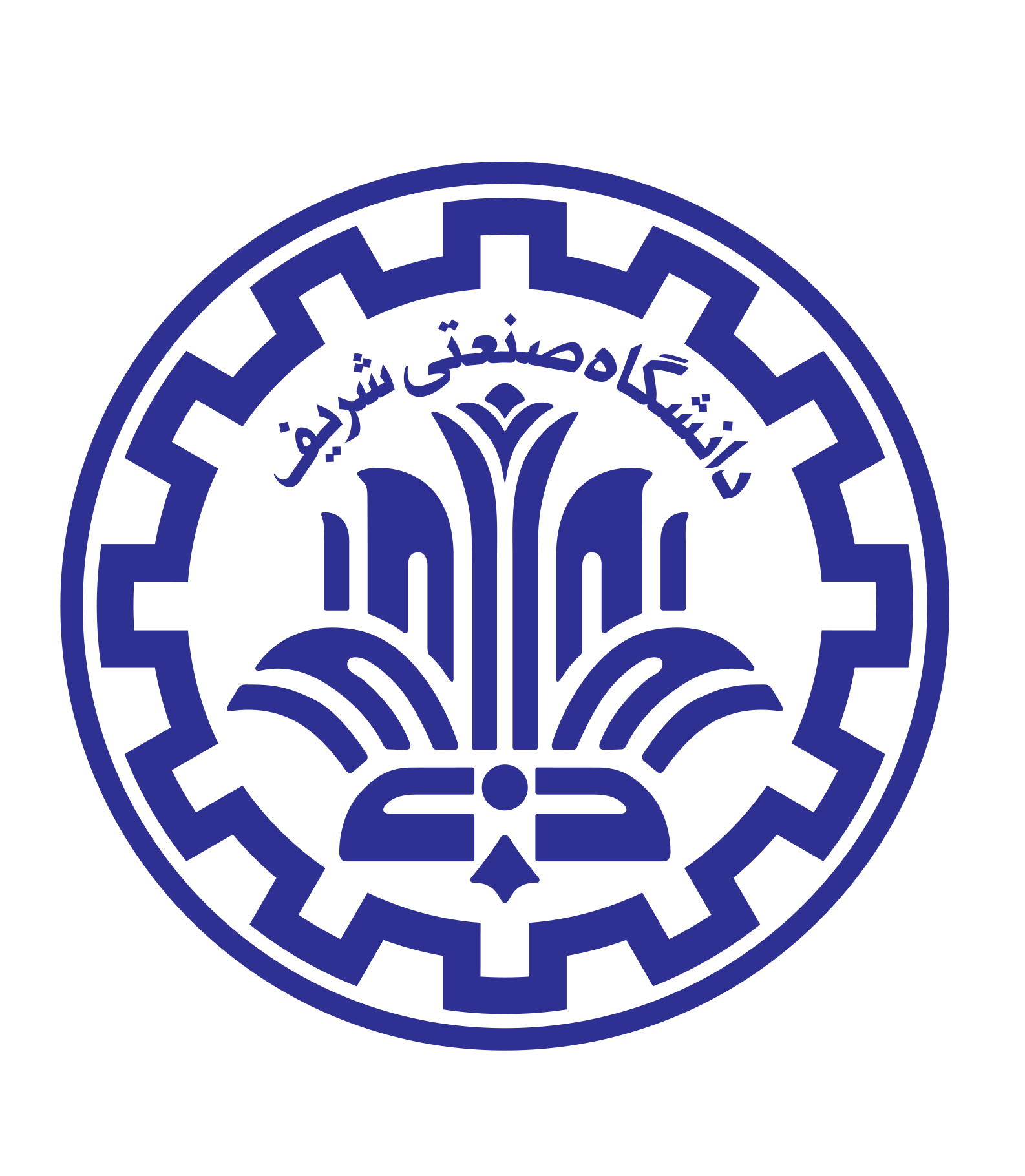programs and fields of teaching @ Sharif University of Technology
Program structures:
Academic programs leading to postgraduate and undergraduate degrees (e.g. MBA) at the university’s main campus in Tehran and International campus at kish island.
Certificate programs (EMBA and short courses) tailored to the needs of senior executives and functional managers of service industries such as telecommunication, (chambers of) commerce, health, banking and transportation sectors, as well as manufacturing industries, e.g. pharmaceutical, steel, petrochemical, energy.
Audiences: open-enrolment with participants from various organizations; industry specific programs with selected participants from a single organization.
Teaching languages: Persian and English, depending on the needs and program design.
Educational Method: blended learning, flipped classroom, face to face teaching.
Courses taught:
- Managerial Decision Making,
- E-commerce,
- Knowledge Management
- Discrete-Event Simulation
- Operations Management in Service & Manufacturing Organizations
This course deals with organizational decision making covering three aspects: human, context and data. First, a descriptive behavioral approach is adopted to shed light on “how decisions are actually made in the real world” and pros and cons of systems of thinking; this uncovers roots of common mistakes of self and others and it proposes solutions for overcoming drawbacks of human decisions for the wellbeing of decision makers as well as the organization and society influenced. To answer “how decisions should be made”, the second part elaborates organizational contexts and shows how crucial challenges and leadership requirements for effective decision making vary with context. Then it deals with the requirements of the decision process to assure the quality of choice. The third part, finally, focuses on data driven decision making to solve organizational problems: in addition to few quantitative techniques, introductory discussions will be made on contemporary trends such as IoT, Big data and AI which influence decision making in modern organizational contexts.
